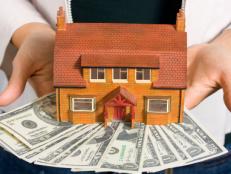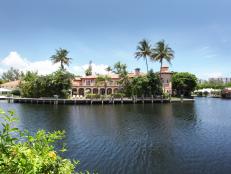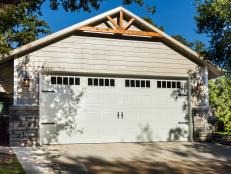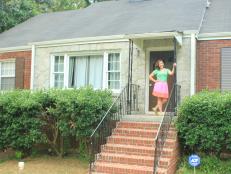Tax Benefits for Real Estate Investors
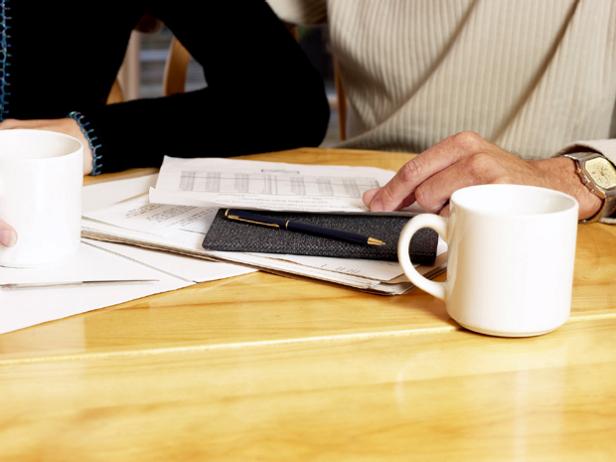
The early bird might get the worm, but the real estate investor who
Hold Properties for More Than a Year
Flipping properties in a matter of weeks might seem glamorous on TV, but a large portion of the profit will go straight to the IRS unless you hold a property for more than a year.
Any investment profit is considered capital
Hold an asset for less than a year and you'll be charged the income tax rate, which can be up to 35 percent. If you keep a property for more than a year, you'll be subject to long-term capital gains taxes, which normally top out at 15 percent.
Establish an Investment Property as Your Primary Residence
You can avoid capital gains tax altogether if you turn your investment property into a primary residence. To do this, you must spend 2 years (or 730 days) living in the home in the last five years. The time doesn't have to be sequential. Once you've established residency, you're eligible to sell the home and can make up to $250,000 in capital gains ($500,000 if married filing jointly) without paying any taxes.
Be Prepared for Business Taxes
If you complete several real estate transactions per year, don't be surprised if the IRS considers them business or trade rather than an investment strategy. While the circumstances vary from case to case, if you're earning more than half of your income from real estate, your earnings will change from "capital gains" to a means of producing income that's subject to ordinary tax rates. Plus, there's an additional 15.3 percent in self-employment taxes.
Do a Like-Kind Exchange
If you want to get a new property while avoiding capital gains taxes, a like-kind exchange is a good option. Also known as a section 1031 exchange, the provision allows you to "exchange" one property for another of similar value and defer the tax bill.
To qualify, both the property you give up and the one you receive must be used for investment purposes, trade or business. Also, it must be "like-kind," or an exchange of two. While you can exchange a parcel of land in the city for a dairy farm in the country, you couldn't exchange that same city parcel for say, a flat-bed truck. The exchange of any real estate for another piece of real estate, regardless of either's quality, is like-kind.
You can also do a tax-free exchange of a rental property that has been used for personal purposes for a similar piece of property. To qualify, you must have owned the property for 24 months prior to the exchange, and must have rented the home for 14 days or more. Additionally, you cannot have used the property for more than 14 days or 10 percent of the time it was rented in the past two years, whichever is greater.
Remember, like-kind exchanges will only defer your tax bill. If and when you decide to sell the property you exchange for, you'll likely owe taxes.







